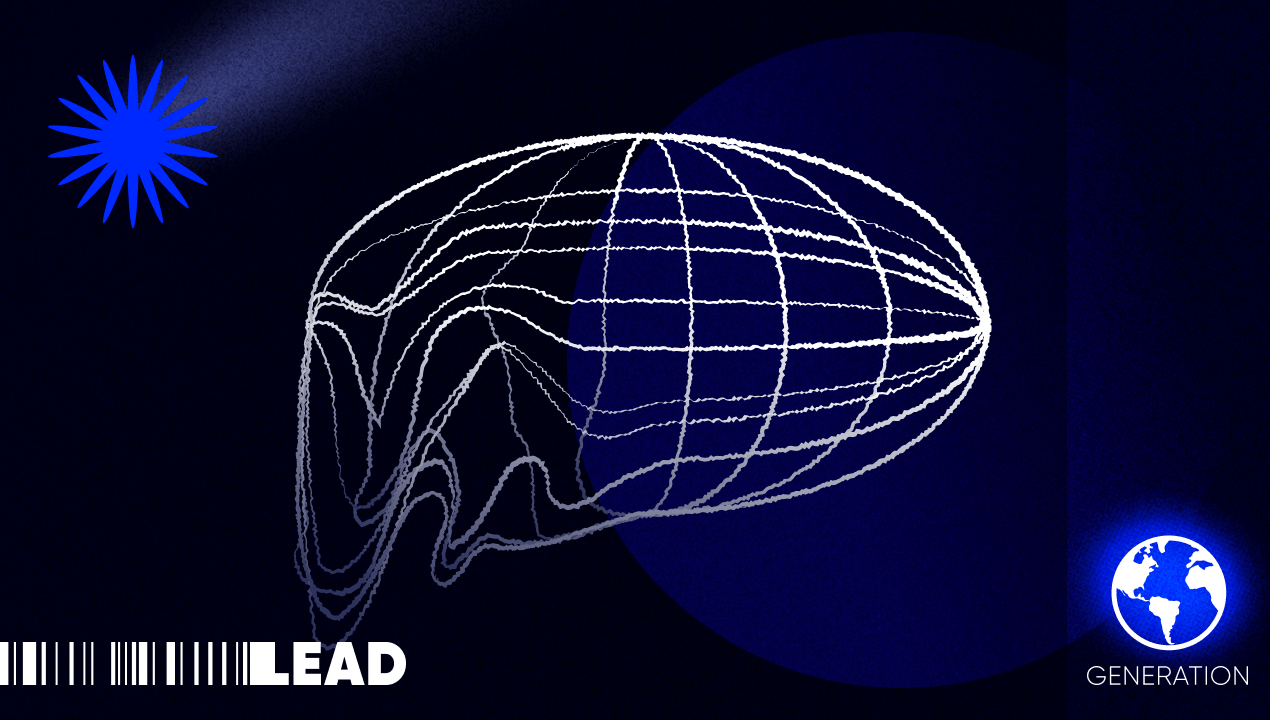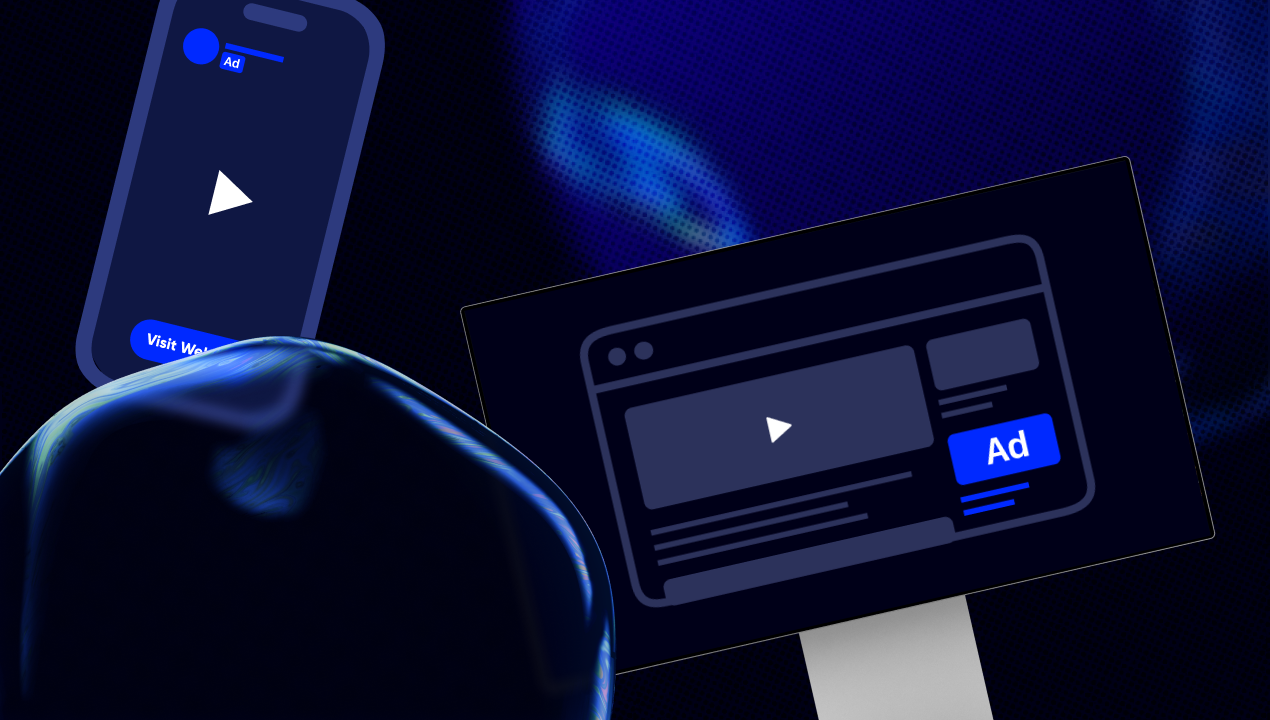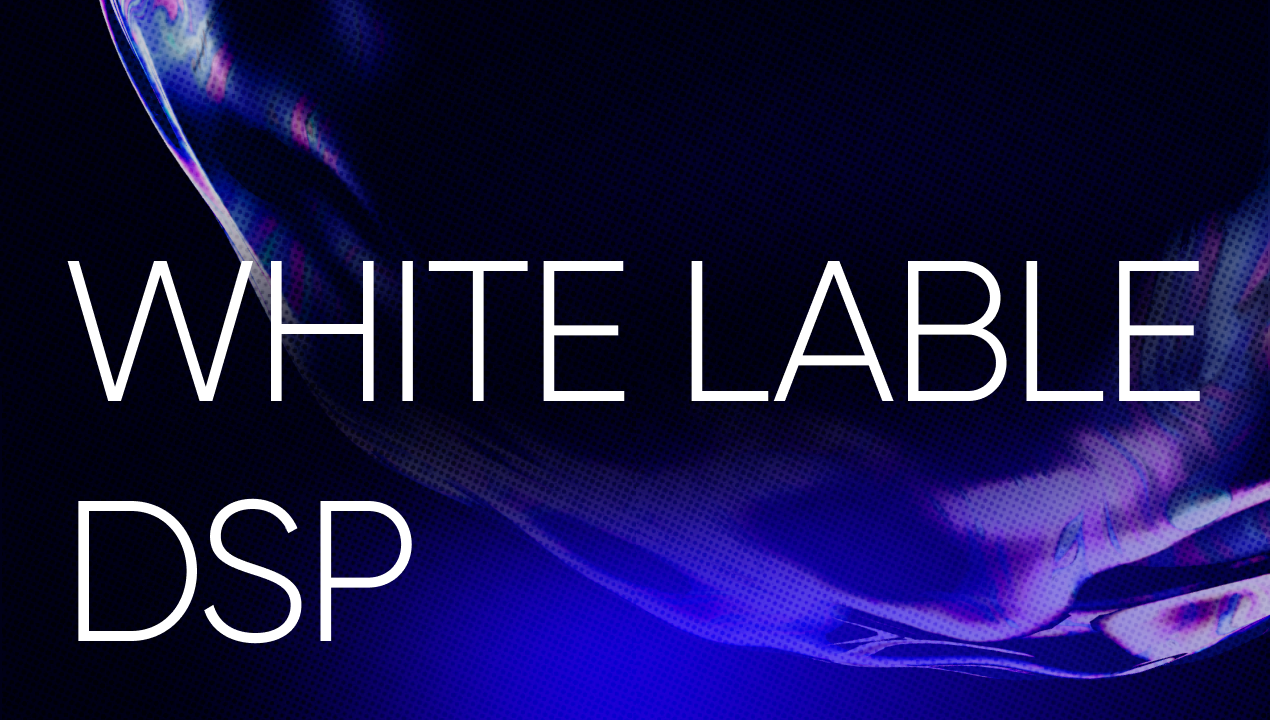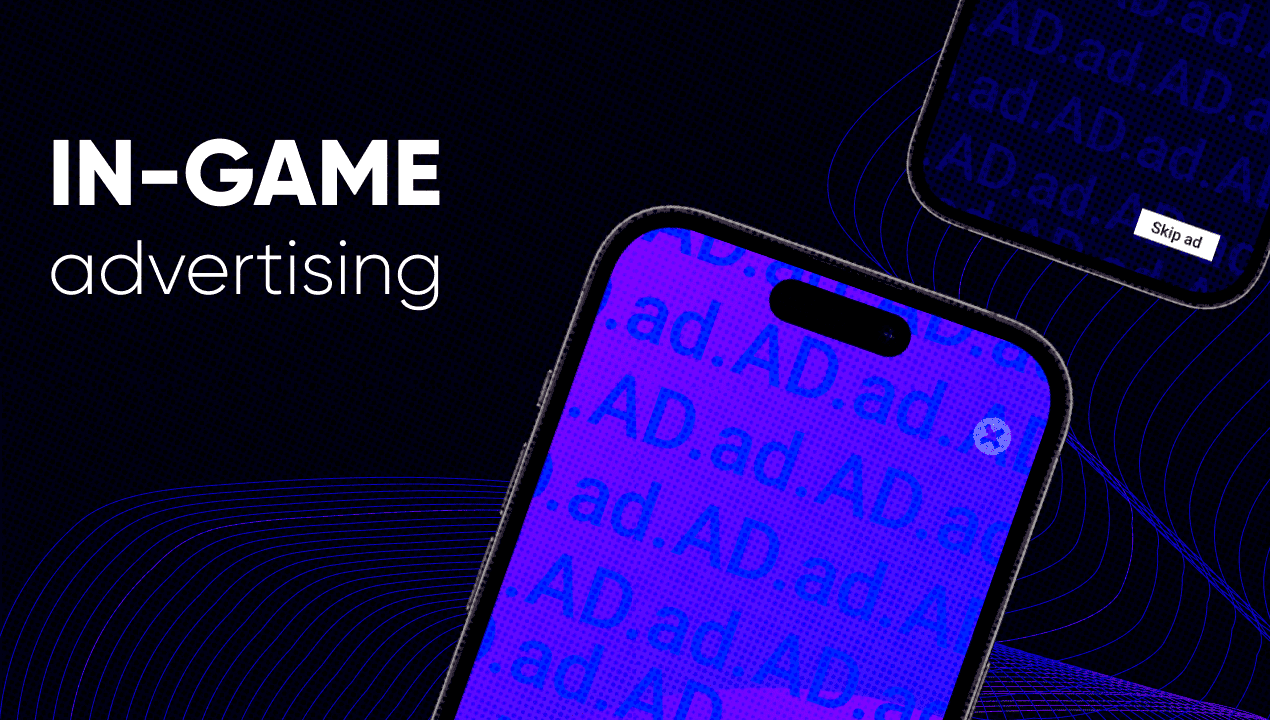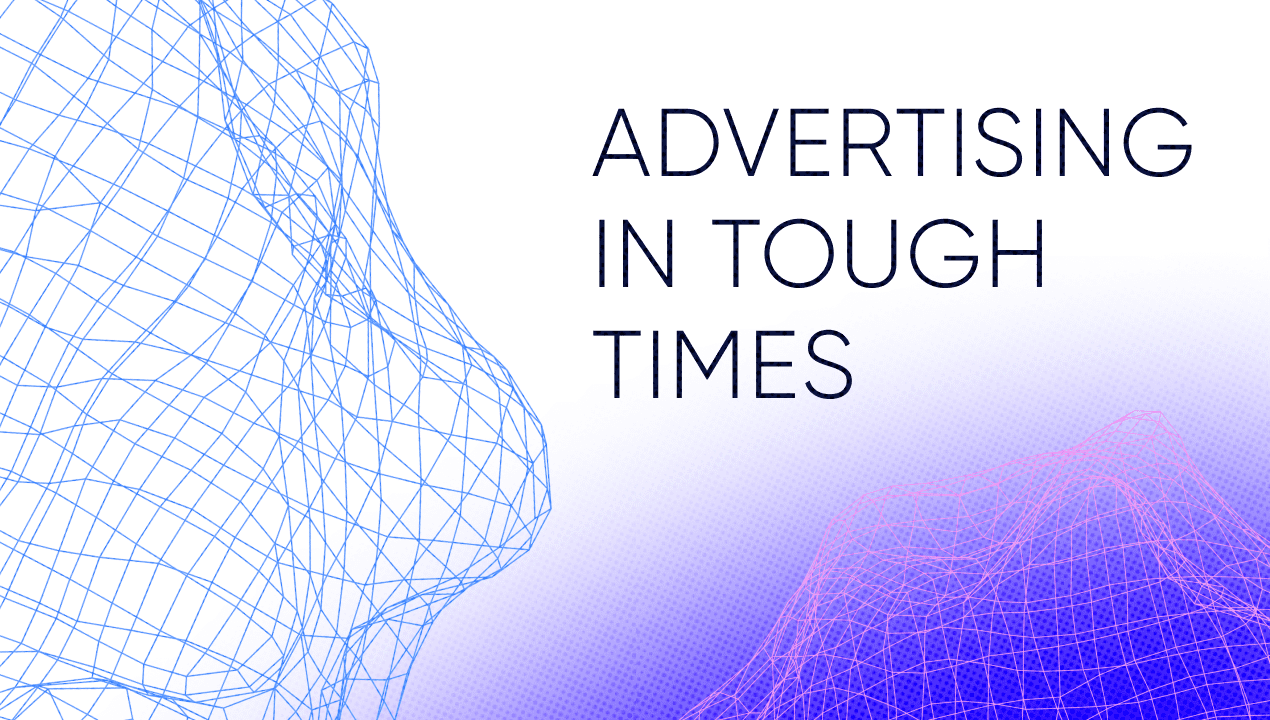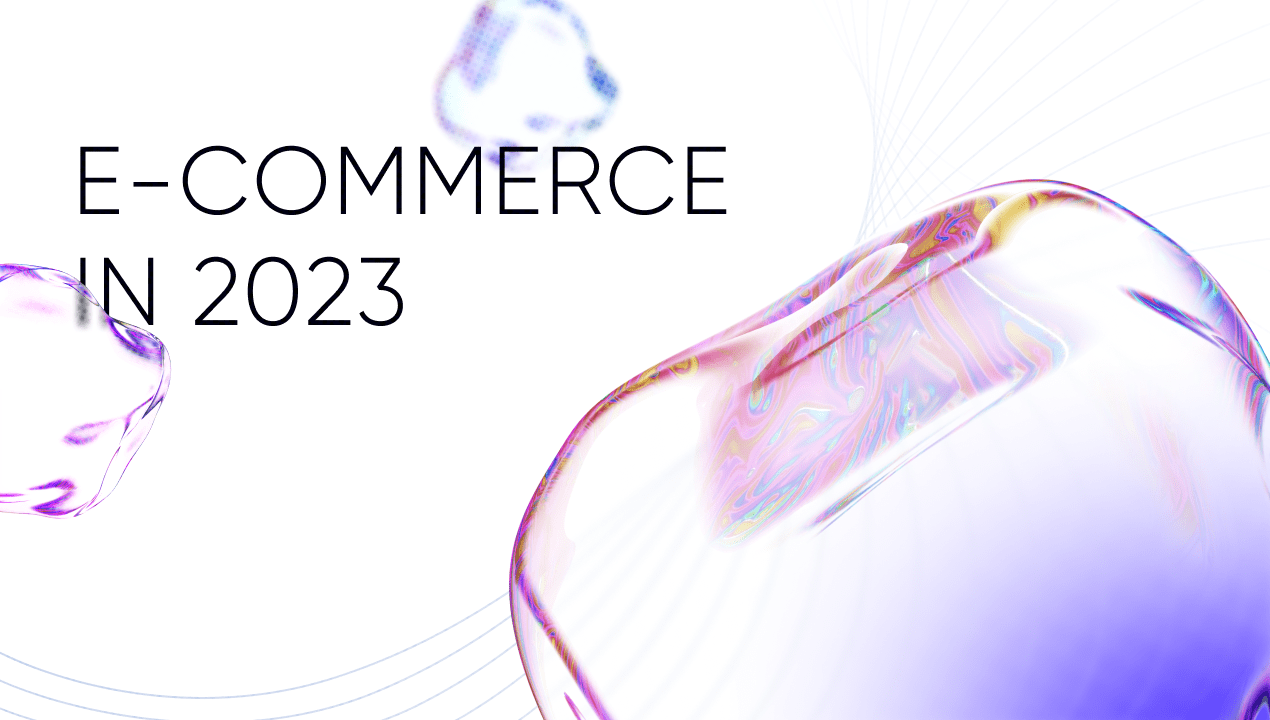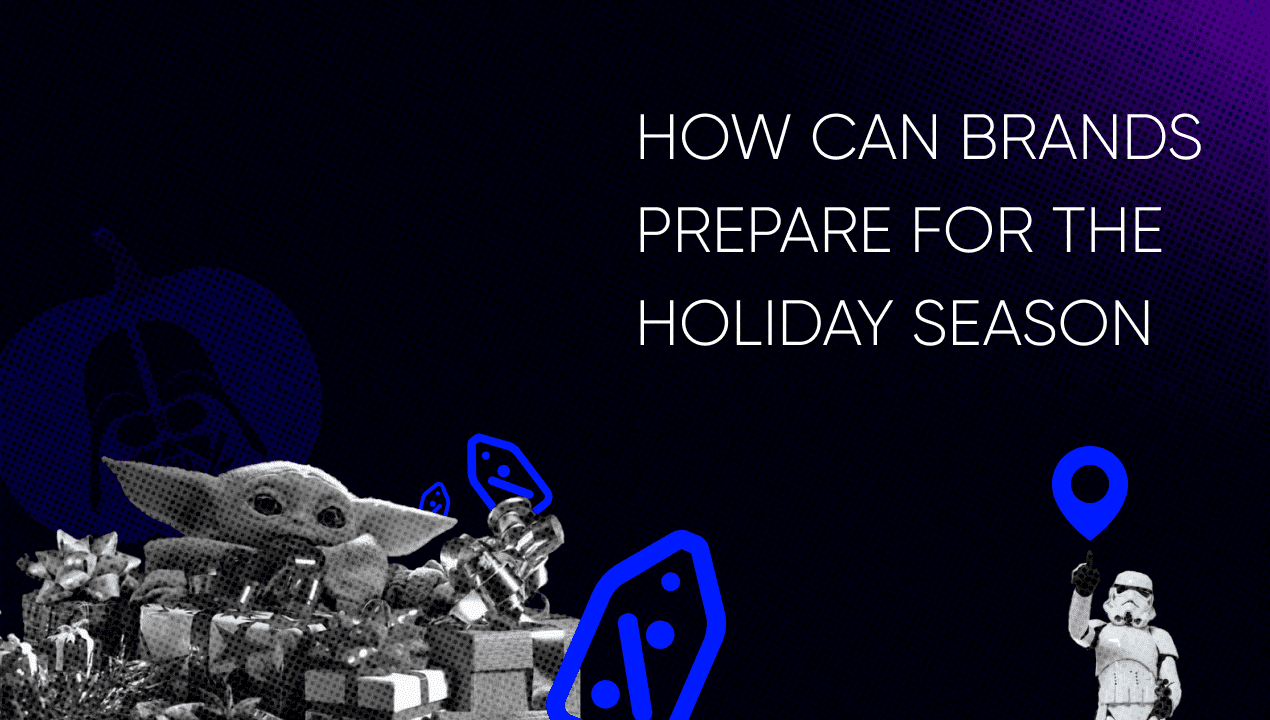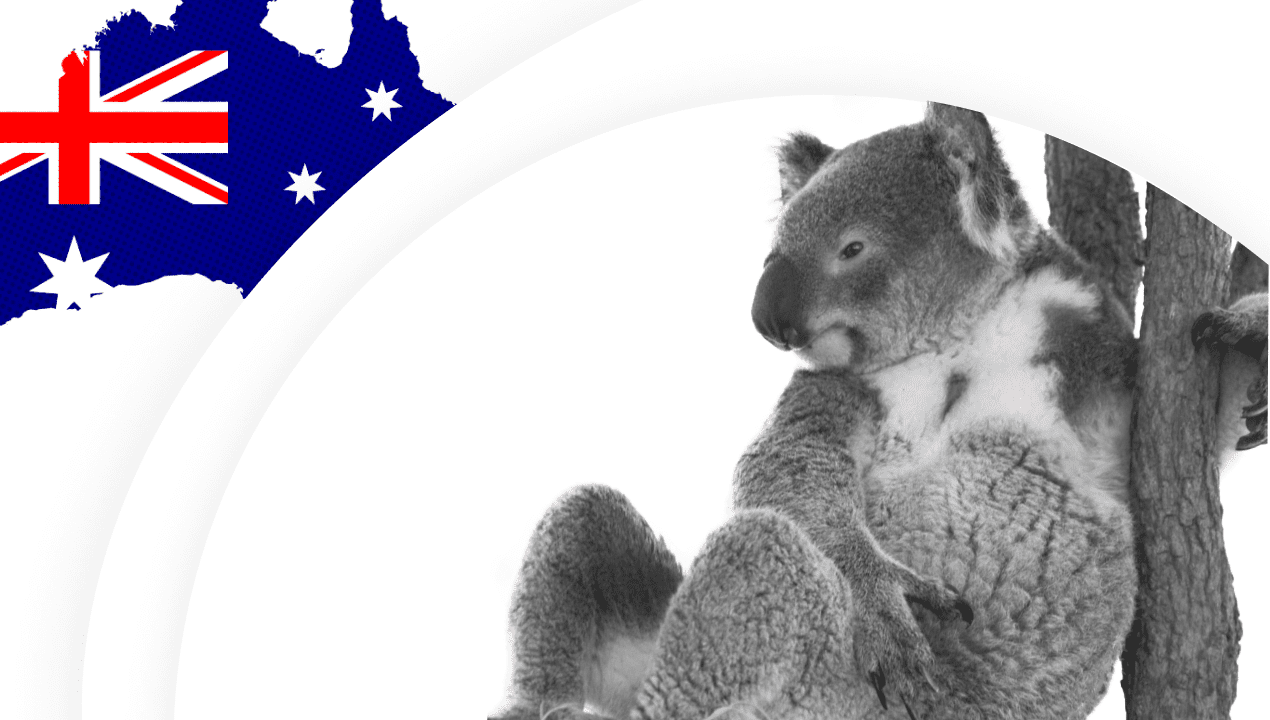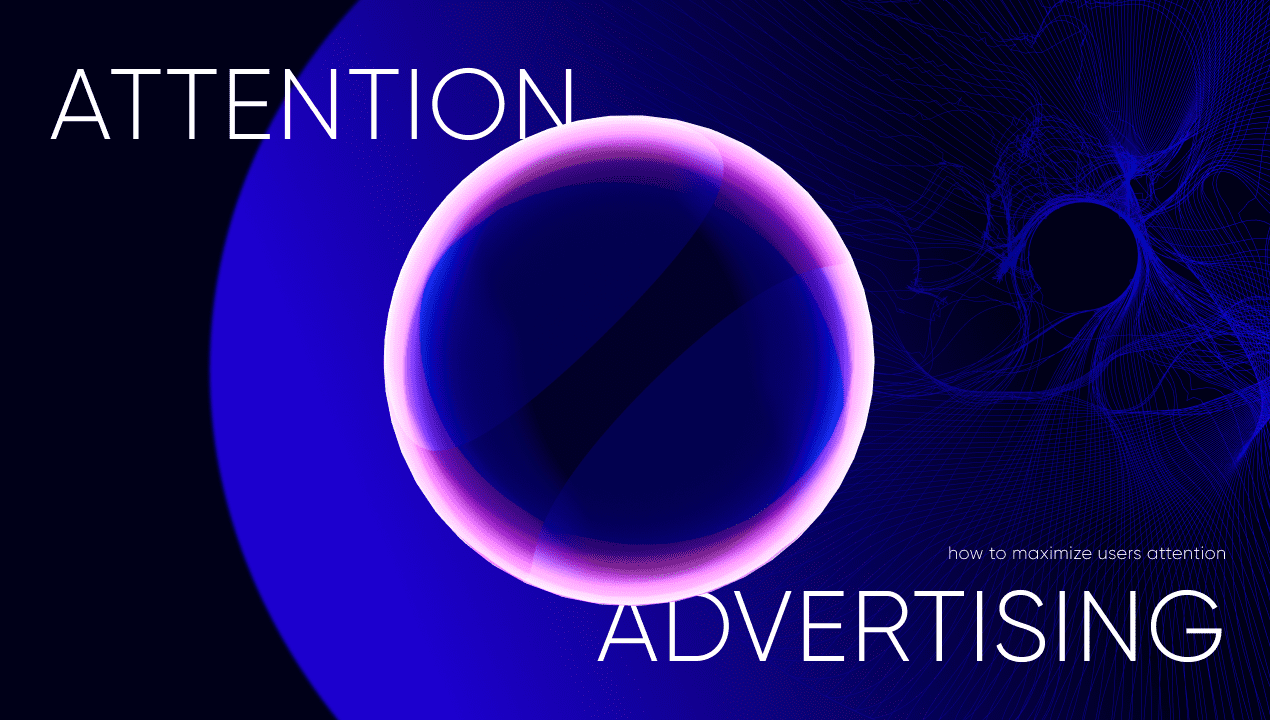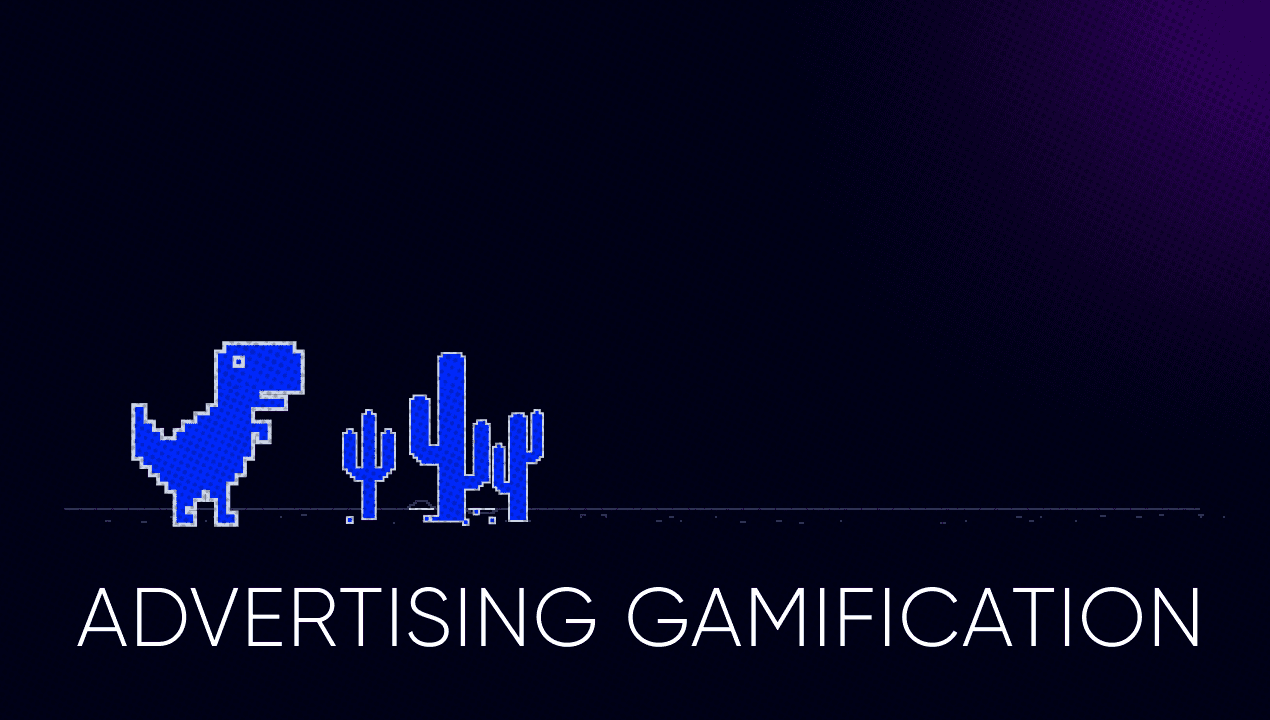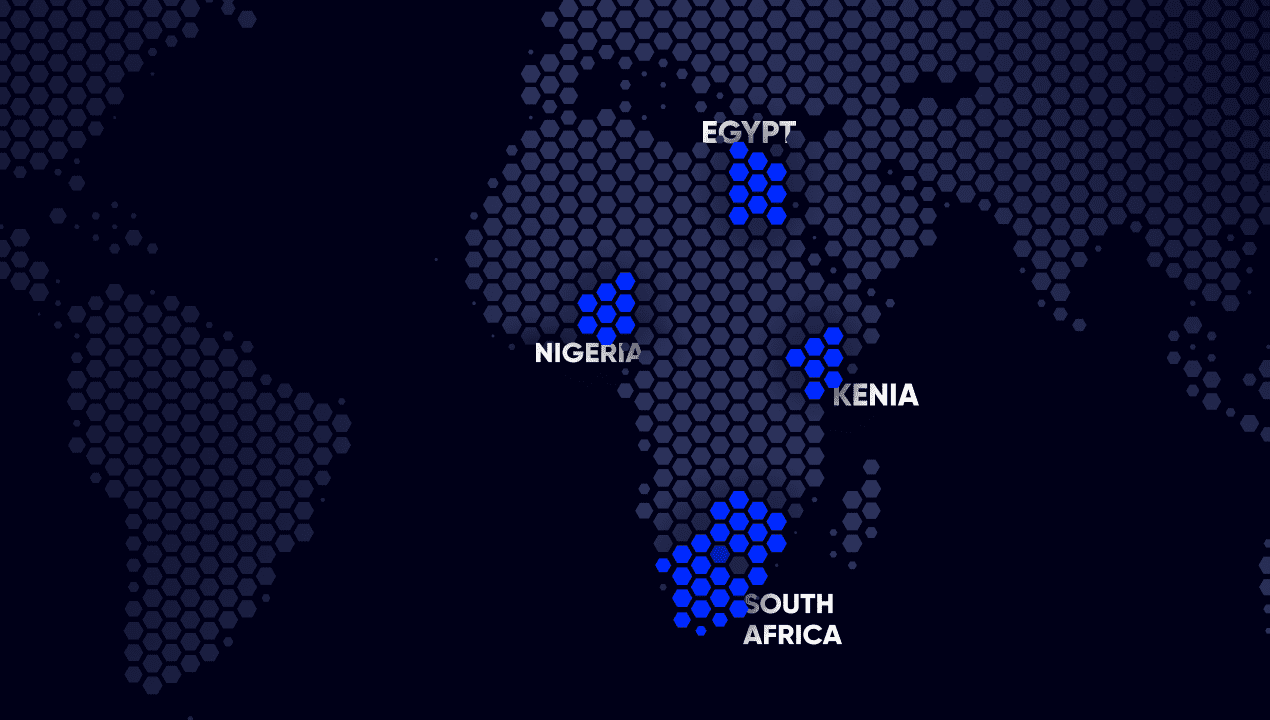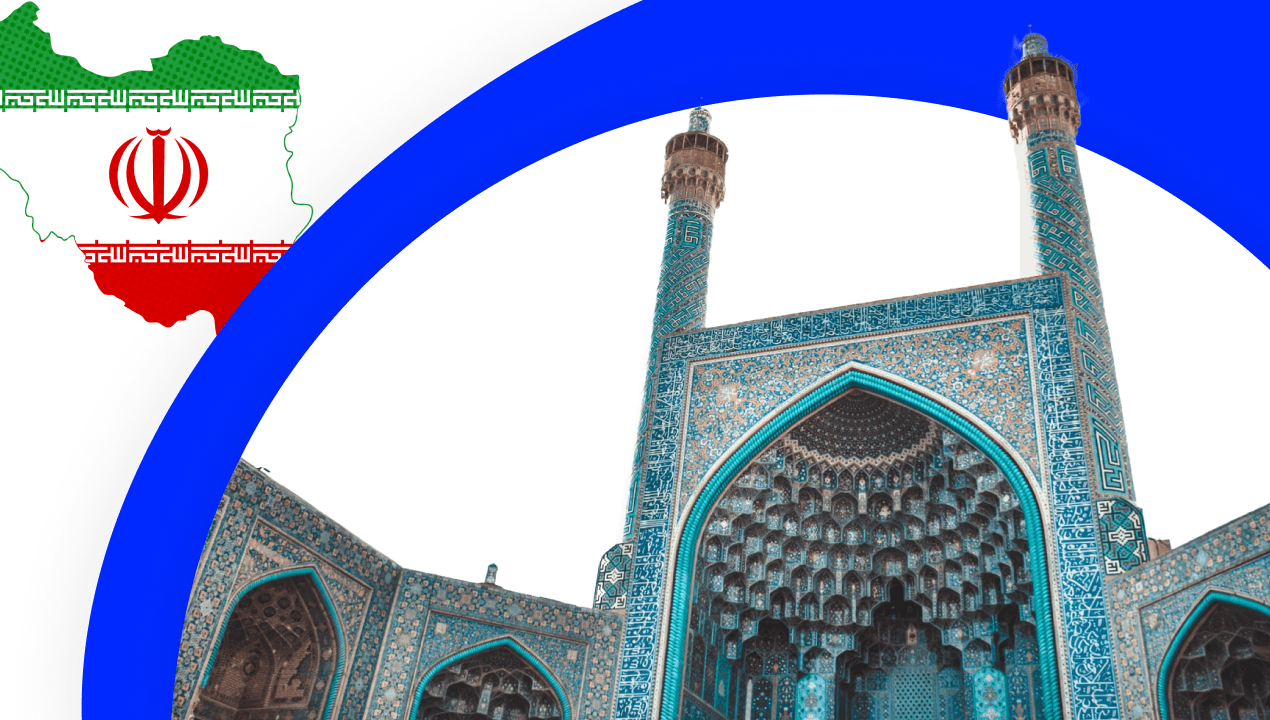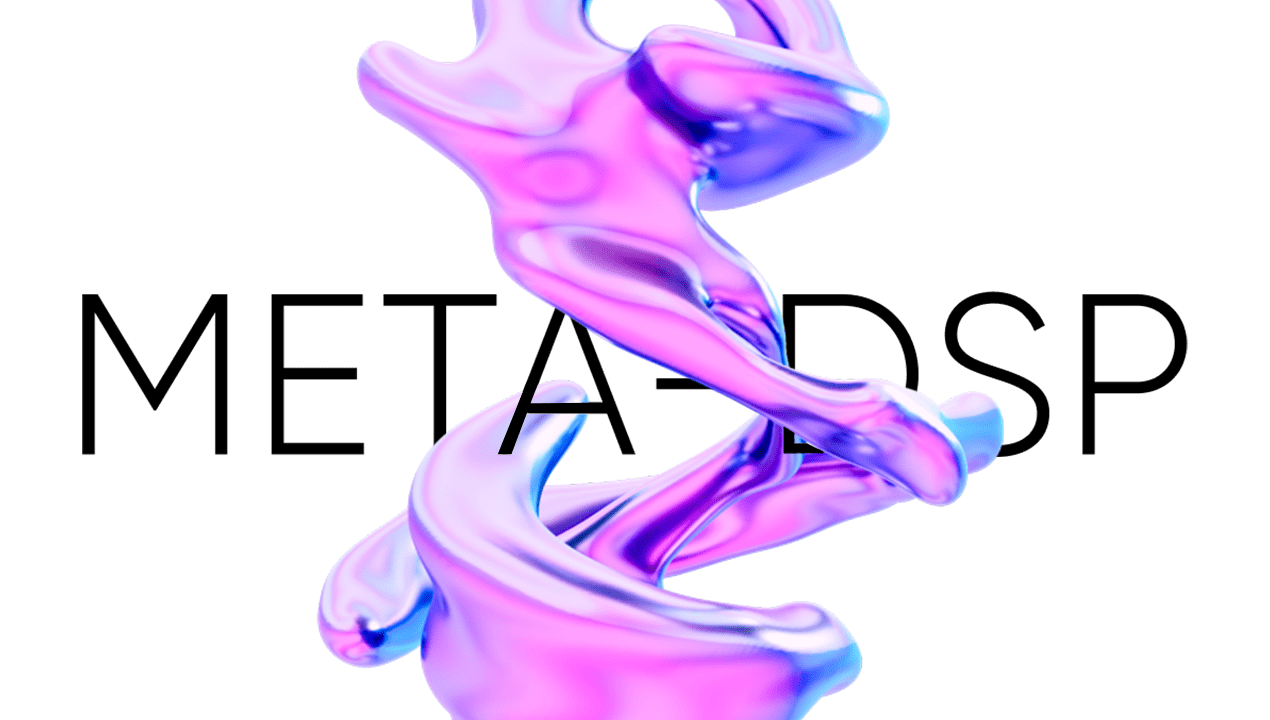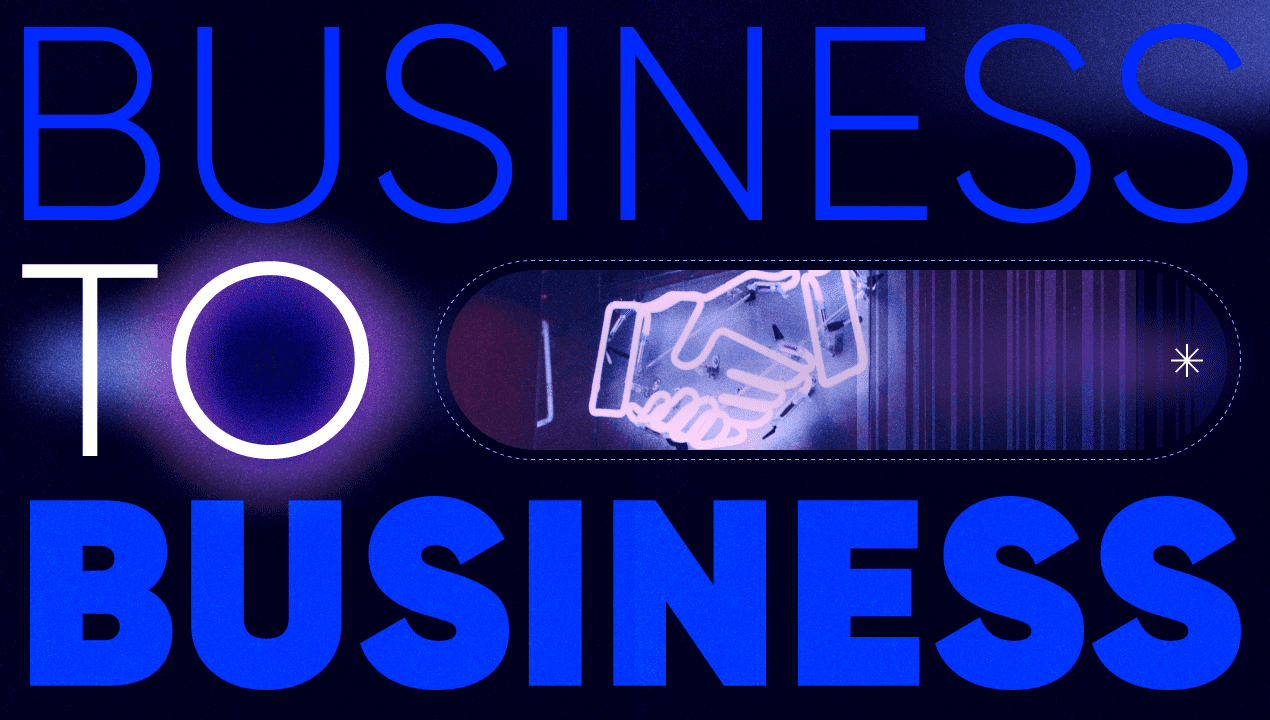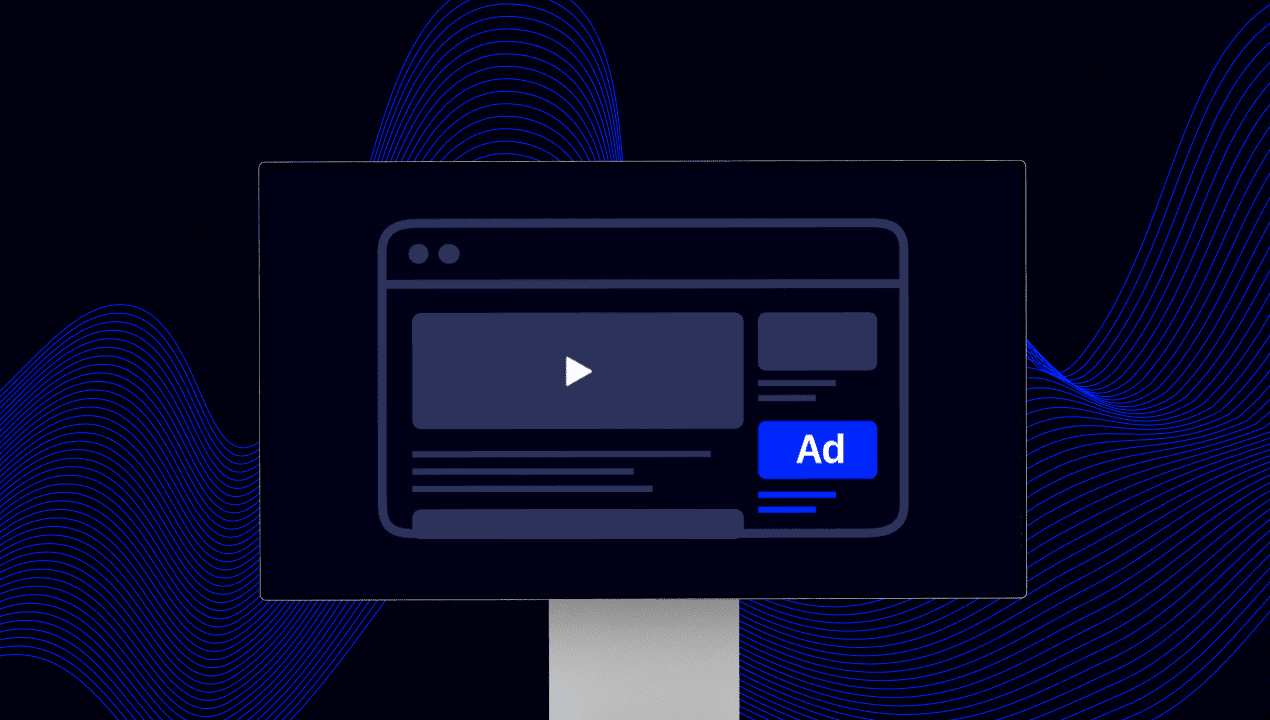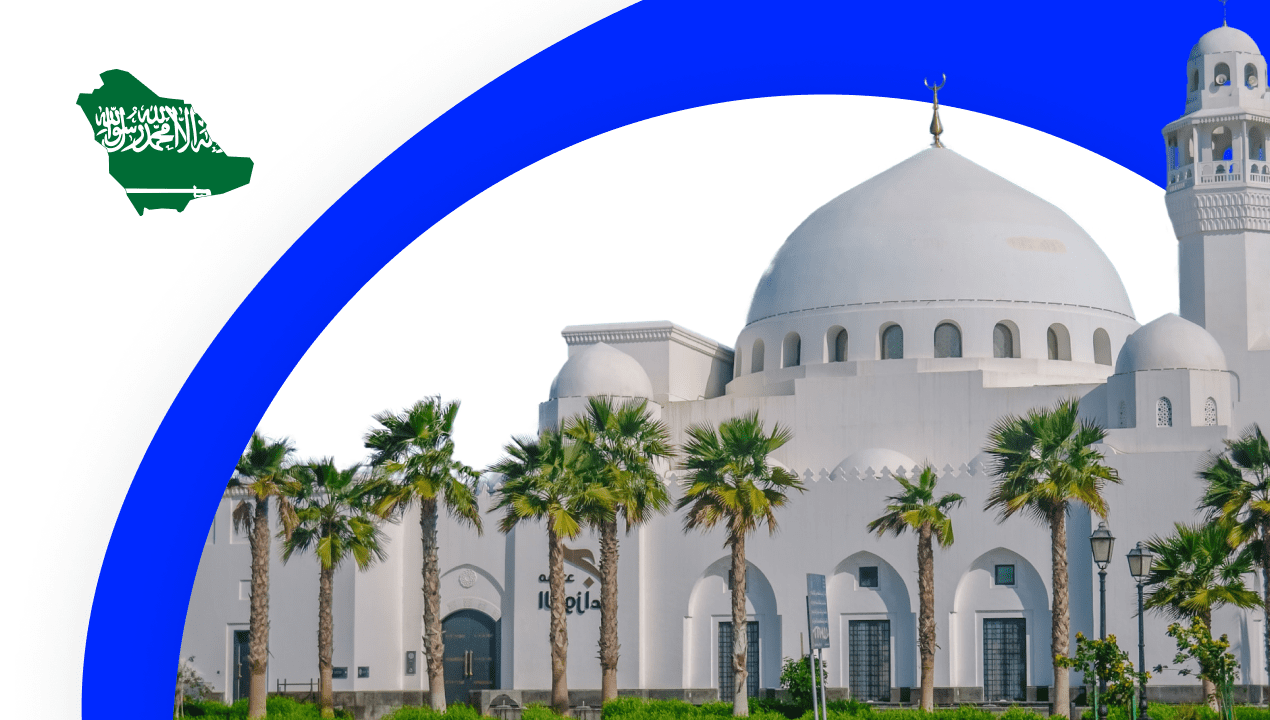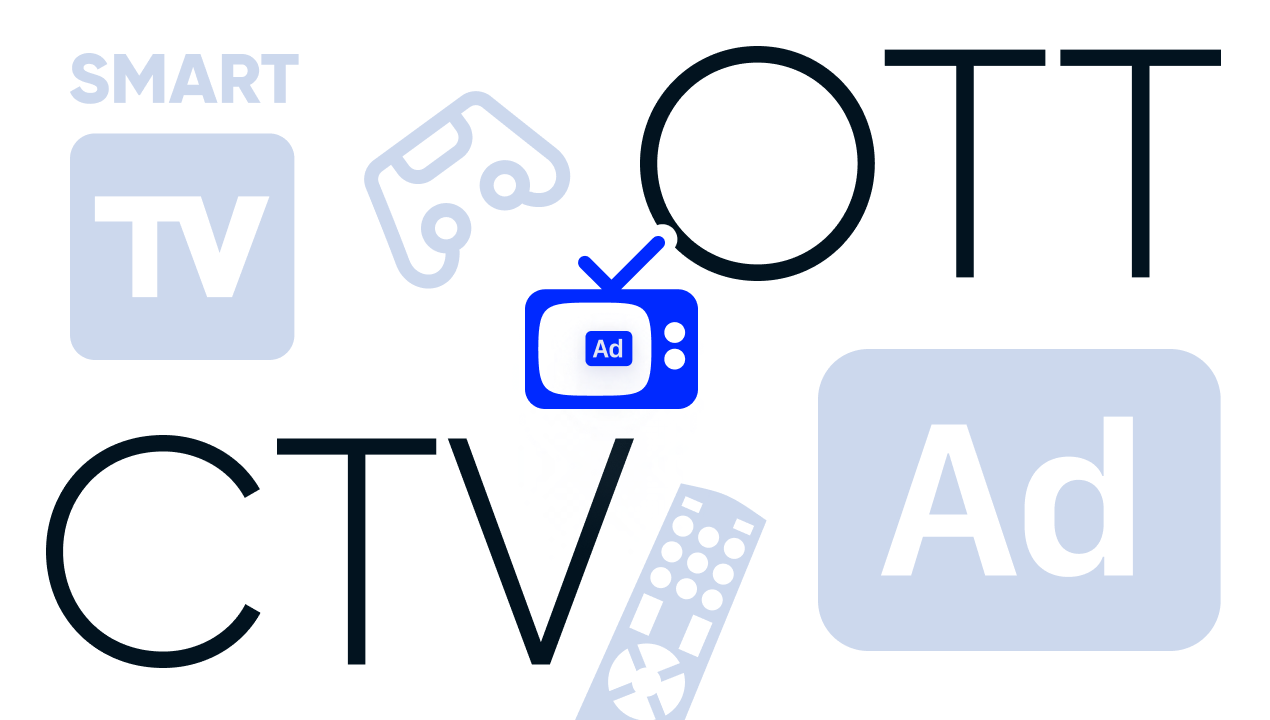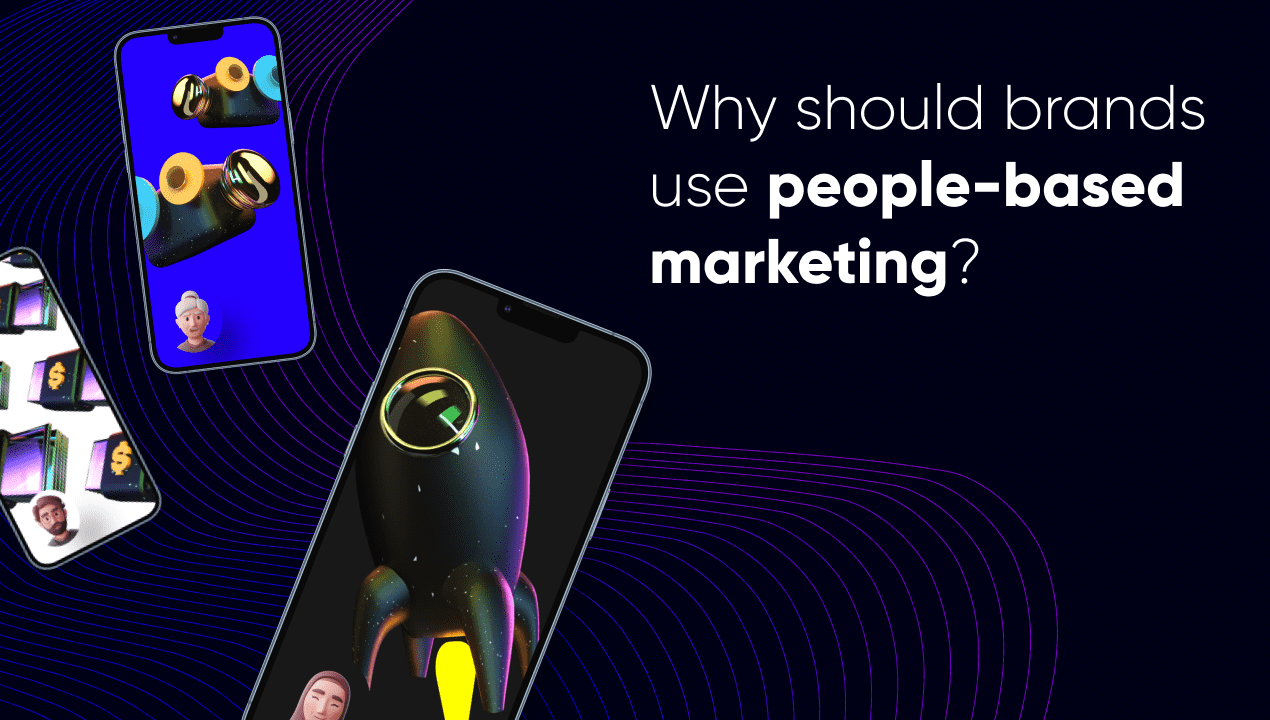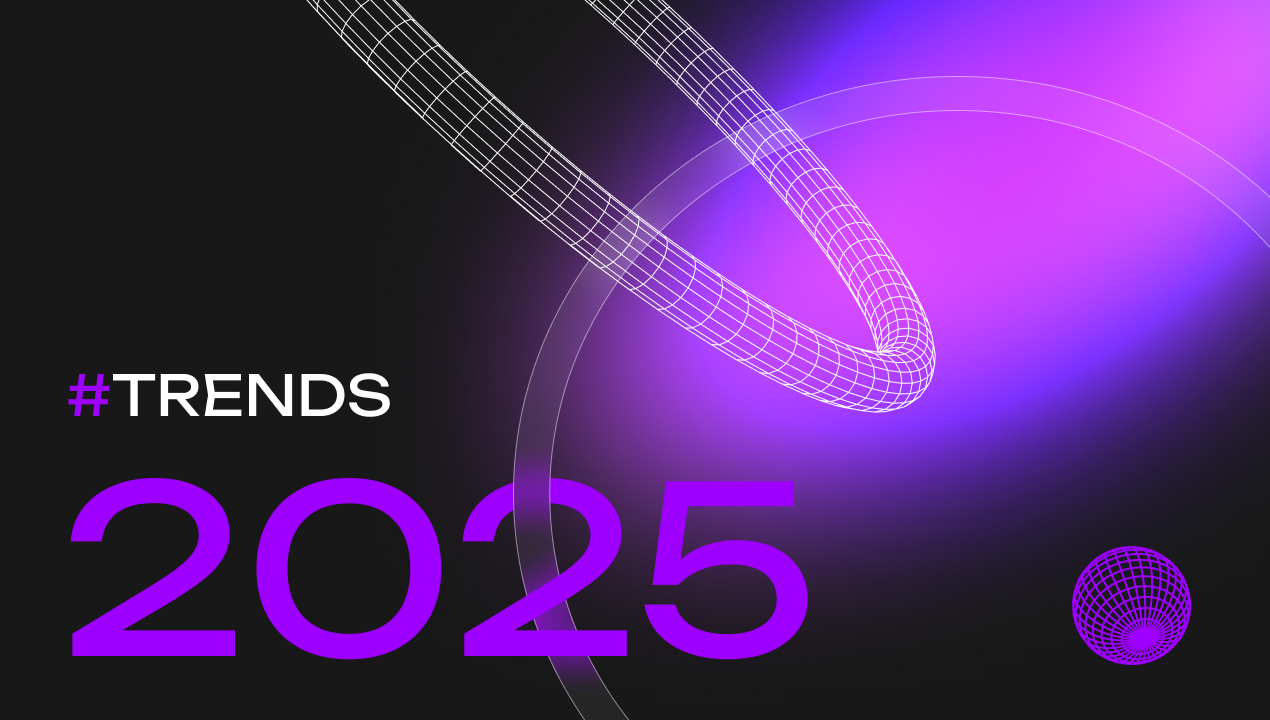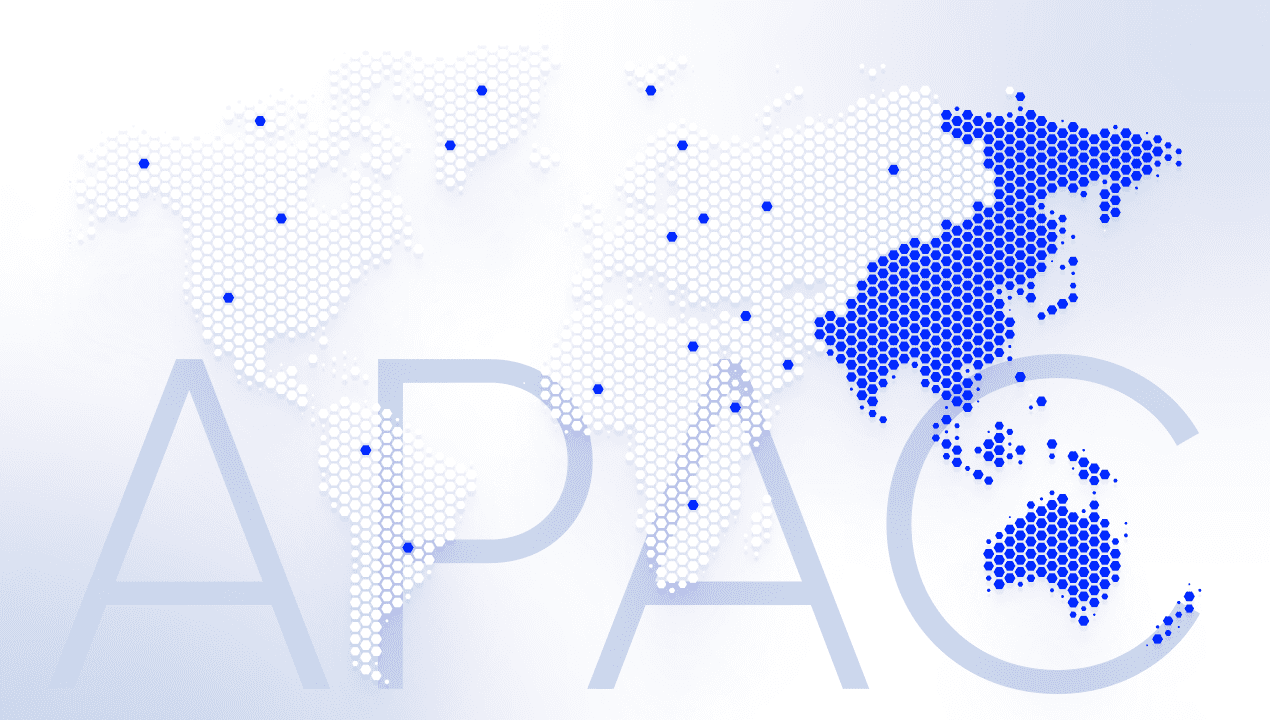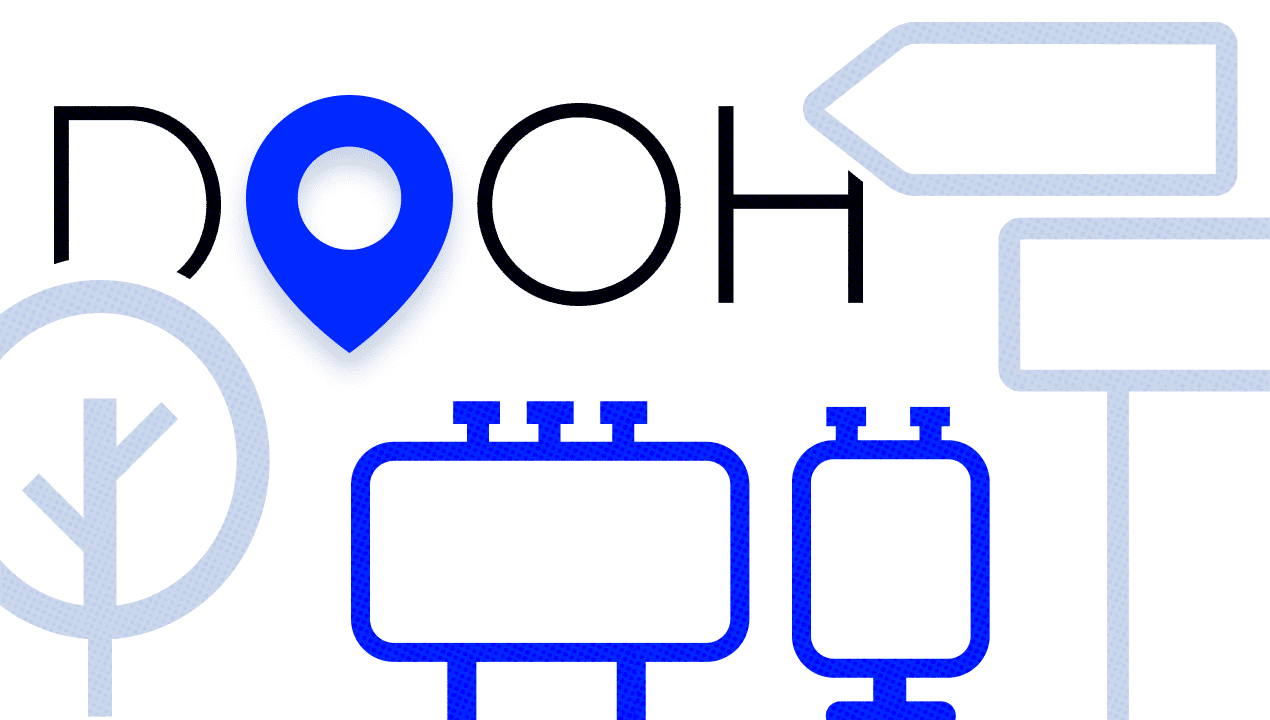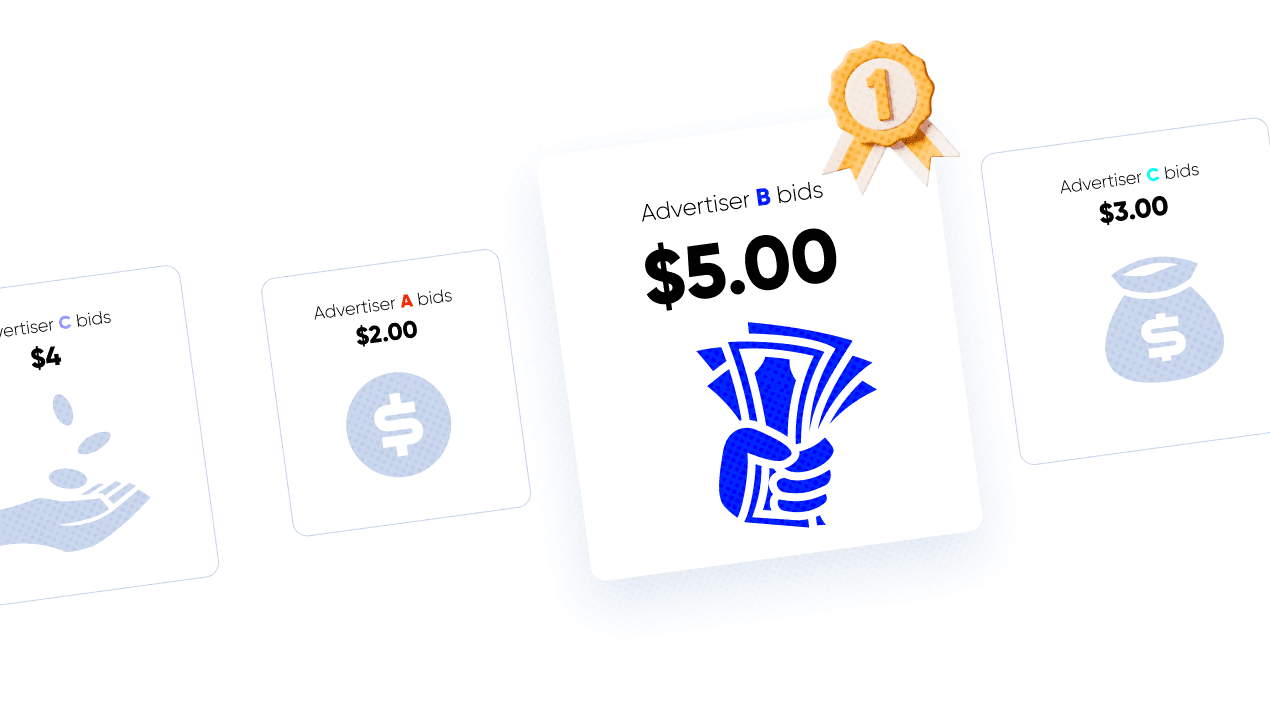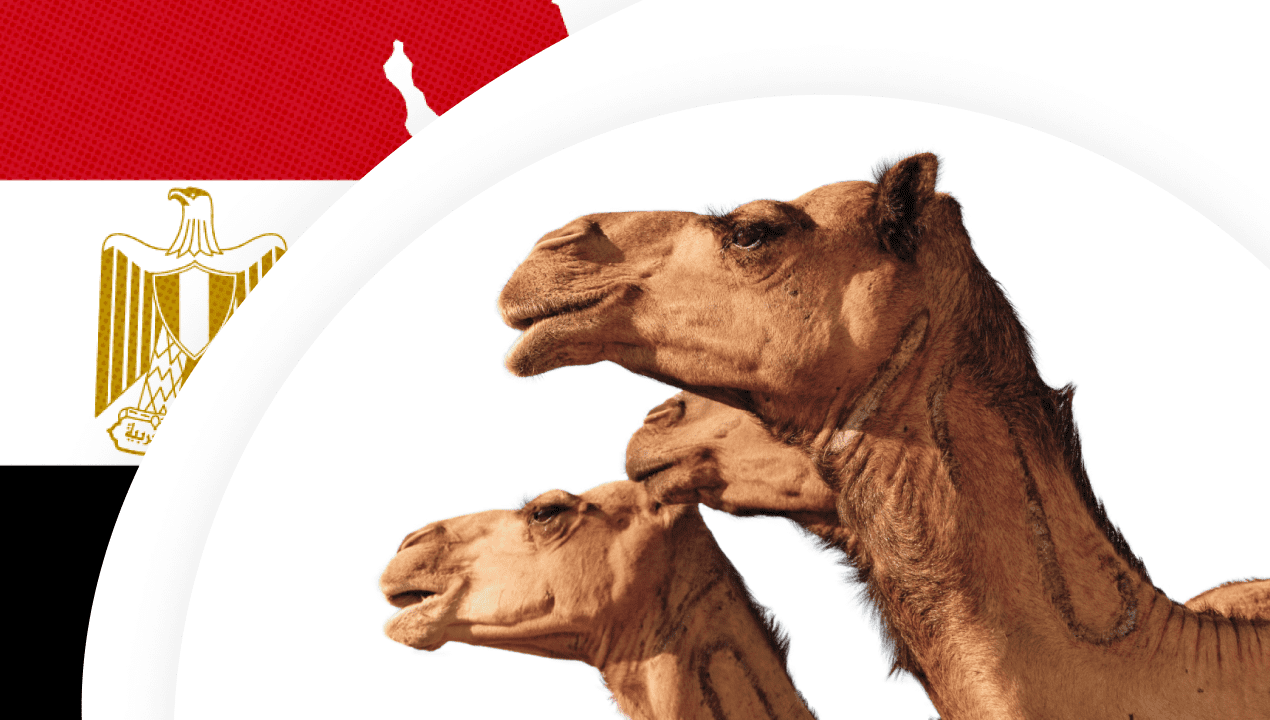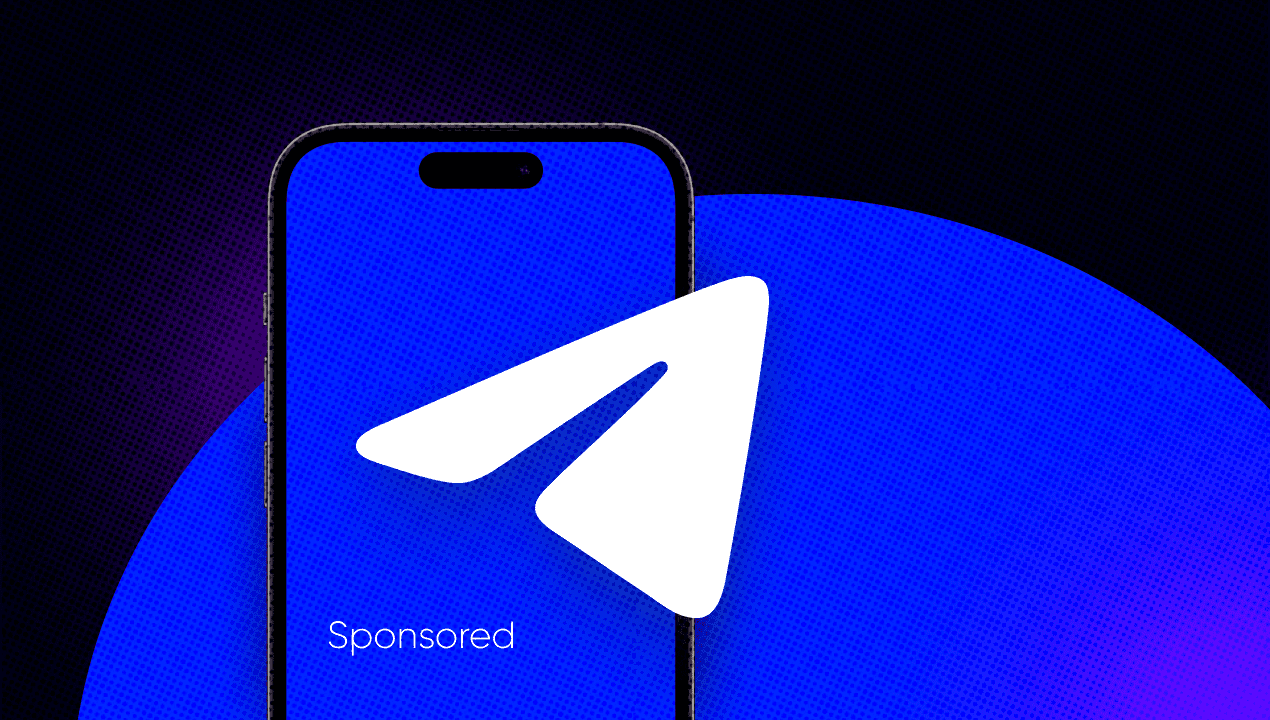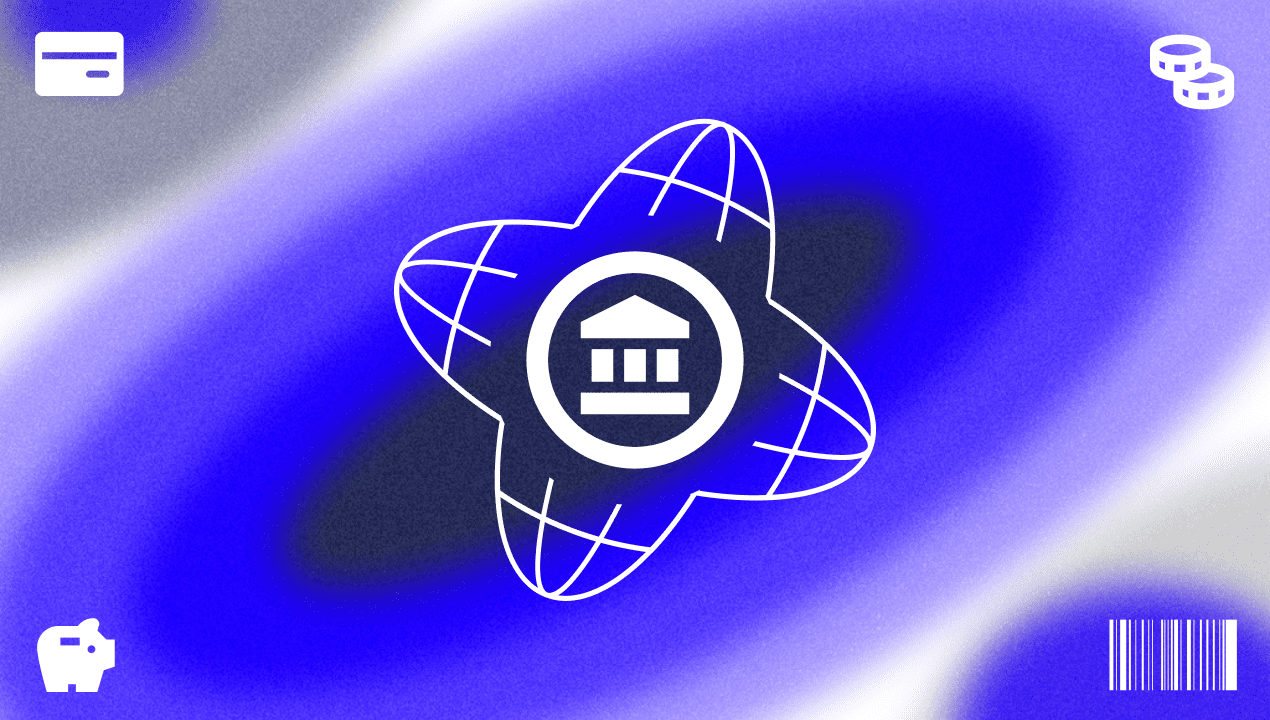
Intent marketing for brands: everything you need to know about that
- Author: Lizaveta Zhuk
As a marketer, the best way to maximize the return on investments of your media spending and boost conversions is to truly understand users’ behavior. And sometimes, it seems that you need to be a superhero to read a customer’s mind and magically know exactly what they want to buy and when. So, even though marketers don’t have a mind-reading superpower, the way to attain an understanding of customer behavior is by following an intent marketing strategy. It can help reveal what your target audience is thinking about.
In this article, you’ll learn more about intent marketing and may get insights on how to shake your digital ad strategy in order to boost your revenue.
What is intent-driven marketing?
It can be defined as a hyper-focused marketing approach that leverages customer’s intent data signals to create customized experiences and deliver advertisements to users with a high likelihood of conversions. To put it simply, intent-based marketing uses consumer’s data to define users with a purchase intent and deliver the right ad content to the target audience based on their current wants and needs.
It is based on understanding the customer journey with prospects’ intents at each step and developing a marketing strategy across these points.
How does it work?
Intent-based marketing uses individual customer’s data to define a user’s intent. Marketers use different variables and sources of data, including interactions across search engines, email, websites, mobile, and so on; how long a user stays on a particular page, which page they navigate to next, their overall browsing history, and so on. Also, they look at what products customers view or purchase. This data is used to define customers intents both types:
1. Active intent refers to a set of users’ actions that shows a strong willingness to purchase, such as learning more details about a product, adding it to a cart, spending more time on a particular page, and so on. This type of intent indicates that users are ready to purchase and go to the last point of their customer journey.
2. Passive intent. Users are still researching what they want to buy and do it broadly, meaning they don’t have a purchase intent yet. If a user uses general words to search for information about services related to your business or browses promotional pages weekly and so on, you may evaluate that as passive intent. This type of intent indicates users who are in the earlier stages of their customer journey.
Considering two types of intents and using this type of data, marketers can create ad campaigns tailored to users’ goals and interests on each step of their buyer journeys. As a result, you can reach your customers at the right time and place, and your ad campaigns will resonate with an audience much stronger.
But why is intent marketing so important?
From the way we network to the way we get our news, we’re slowly but surely moving everything online. For brands, it’s a significant plus for brands as the number of touchpoints with the target audience is increased, as well as opportunities and ways to interact with them. The thing is, there’s too much digital content around users. They have to consume a lot of information at the same time. There are a lot of advertisers trying to grab users’ attention. Users are just tired of this excess of everything, and the risk of banner blindness is higher than ever before — there are too many irrelevant ads on the internet. If you were surrounded by things that weren’t interesting to you, you wouldn’t react either, right?
One of the most reliable ways to grab a user’s attention in these conditions is to provide a personalized experience for your target audience. Moreover, 66% of customers expect brands to provide a personalized experience.
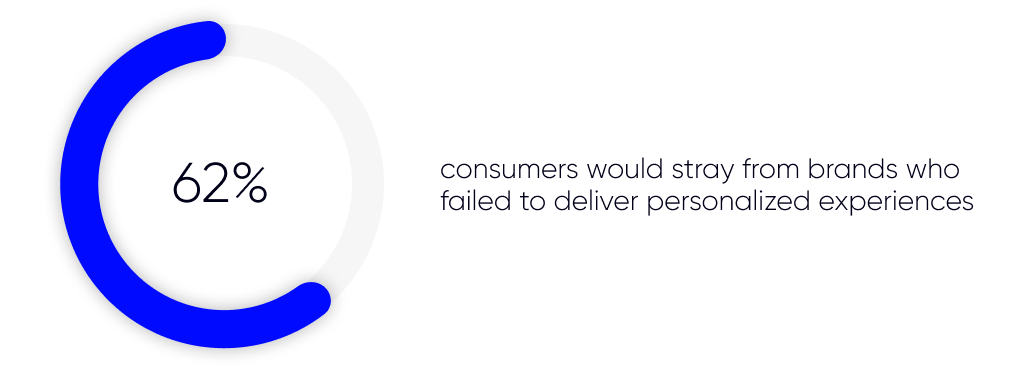
Source: Statista
Intent-based marketing delivers personalization automatically. The reason is that when advertisers follow intent-driven marketing, they use customers’ data to determine customers’ future buying intents, goals, and interests at each step of the buyer journey. When it is defined, they form ad strategy considering this data and encourage users to interact with the brand with highly relevant and tailored to the user goals and interests of ad creatives. It significantly increases the efficiency of advertising.
Benefits of intent-based marketing
1. Precision Targeting
One of the foremost advantages of intent-driven marketing is precision targeting. Instead of trying to capture the attention of a broad audience, advertisers can identify and reach out to individuals who have already expressed an interest in their products or services. This highly specific targeting not only improves the efficiency of marketing campaigns but also enhances the likelihood of conversion. Advertisers can tailor their messages to address potential customers’ exact needs and preferences, making their marketing efforts far more relevant and compelling.
2. Enhanced Customer Engagement
Intent-driven marketing encourages meaningful engagement with potential customers. When advertisers deliver content that aligns with a user’s intent, it resonates with them on a personal level. This engagement goes beyond superficial clicks and views; it fosters a deeper connection between the brand and the customer. Advertisers can leverage this engagement to build brand loyalty and nurture long-term customer relationships.
3. Improved Conversion Rates
The ultimate goal of any advertising campaign is to convert leads into customers. Intent-driven marketing excels in this regard. By targeting individuals actively searching for relevant information or products, advertisers increase their chances of turning these prospects into paying customers. Whether it’s through tailored ads, compelling content, or timely offers, intent-driven marketing provides the tools needed to guide users along the conversion funnel.
4. Cost Efficiency
In traditional advertising, a significant portion of the budget is often spent on reaching an audience that may not be interested in the product or service being promoted. Intent-driven marketing minimizes wasteful spending by directing resources towards users who have already demonstrated an interest in the advertised offerings. This results in a higher return on investment and a more efficient allocation of advertising budgets.
5. Real-Time Insights
Intent-driven marketing relies heavily on data analysis and real-time monitoring. Advertisers can track user behavior, preferences, and engagement patterns in real-time, allowing them to adapt and optimize their campaigns on the fly. This agility ensures that marketing efforts remain aligned with shifting consumer trends and evolving market dynamics.
6. Competitive Advantage
In today’s saturated digital landscape, staying ahead of the competition is a constant challenge. Intent-driven marketing provides advertisers with a distinct competitive advantage. By understanding user intent and delivering relevant content at the right moment, advertisers can position themselves as industry leaders and gain a reputation for providing valuable, customer-centric experiences.
7. Personalization at Scale
Intent-driven marketing enables advertisers to personalize their campaigns on a large scale. Thanks to advanced algorithms and automation tools, it’s possible to create highly individualized marketing messages and recommendations for each user, even when targeting a vast audience. This level of personalization not only drives engagement but also increases the likelihood of conversions.
The downsides and difficulties of intent-based marketing
As we said earlier, this type of marketing works on users’ data. So, one of the foremost difficulties of intent-driven marketing is the growing concern over data privacy. Strict privacy regulations and rules require that advertisers ensure that data is collected, stored, and used ethically and transparently. Sometimes, it may be a significant challenge.
Also, data can be hard to organize, analyze, and interpret. Moreover, over-reliance on it can be a pitfall. You might fall into the trap of assuming that data-driven insights are infallible. In reality, user intent can be complex and nuanced, and solely relying on data may lead to misinterpretations. Balancing data-driven decision-making with human intuition and creativity is a challenge advertisers must grapple with.
How can you implement intent-driven marketing into advertising strategy?
One of the most efficient tools of intent marketing is programmatic. With intent marketing, brands spot patterns in users’ behavior and use data-driven insights to predict their needs, goals, and actions. Programmatic technology acts the same.
Programmatic is the automated process of buying advertising space in real-time with an automated platform. It uses audience data and Artificial Intelligence algorithms to show ads to the right user, at the right time, and at the right price. It’s like having a super-smart robot that analyzes audience behavior and interests in real-time, determines high-intent users among groups, and displays an ad based on certain users’ interests.
Why is it awesome?
- Efficiency: as programmatic always knows where brands’ target audience is, advertisers pay for the right audience instead of an ad place. Ads will follow a target audience around the internet, and brands pay only for showing ads to high-intent target users.
- Precision: it doesn’t matter how specific your audience is, brands can easily target the specific audience they want to reach with improved targeting options. Programmatic targeting is much wider and more versatile than classical digital tools. So, it helps reach any specific user on any platform and at any time.
- Data-Driven: it’s all about data and learning. The system keeps improving your ad campaigns over time.
- Real-Time: everything happens in the blink of an eye, so programmatic automates the process of displaying ads.
- Improvement and reach: the programmatic reach is huge. For a short period of time, with improved targeting capabilities, the technology analyzes a large amount of data to find target users and choose the most relevant ads for them. With access to ad inventory across billions of sites, programmatic opens up the opportunity to find and engage brand audiences wherever they are.
What do we offer?
With NT Programmatic Platform you do not need a mind-reading superpower to launch highly efficient ad campaigns that reach the target audience and your business outcomes. We have been developing programmatic technology for more than 10 years and have brought machine learning algorithms in our platform to perfection, so you will meet your potential customers at every stage of the funnel and drive them through the purchase funnel until they are ready to buy and eventually become loyal customers. With NT Technology, it’s easy to grow sales and ROI as we display highly relevant ads to users based on their wants and needs at the moment.
Let’s look at the case study of our client that is here to show what results you may achieve with our platform.
How we increase online orders for an electronic store by 3.1 times
An online electronic store approached us to launch the performance ad campaign and increase online orders using hyper-personalized videos as the primary conversion format. Also, our client wanted to acquire new customers at a low cost per order.
We worked in two directions to achieve the client’s goals. First, we ran the traffic ad campaign to acquire the necessary amount of website visitors and collected users’ data. Different types of banners and carousel ads on Instagram and Facebook helped us to attract traffic to a site.
Our next step was utilizing hyper-personalized video to get conversions. Using AI technology, we generated personalized video ads for each of the client’s products. Videos consisted of pictures, sound, and text descriptions of products users browsed. Ads were displayed on different websites and YouTube as in-stream and out-stream ad formats. Hyper-personalized videos were shown to users:
- who watched product cards;
- who added products to their cart but didn’t place an order.
Thus, we achieved the set goals, and the client delivered a 210.9% return on ad spend, a 7.8% CPO decrease, and a 3.1 increase in online orders.
Bottom line
Intent-driven marketing undoubtedly offers numerous benefits for advertisers, including precision targeting and improved conversion rates. However, it is not without its difficulties and downsides. Advertisers must grapple with data privacy concerns, the risk of over-reliance on data, content quality and relevance, ad fatigue, competitive saturation, algorithm complexity, and the need to balance short-term and long-term goals. Successfully navigating these challenges, NT Technology can help. Contact us today to achieve success tomorrow.
Other articles
